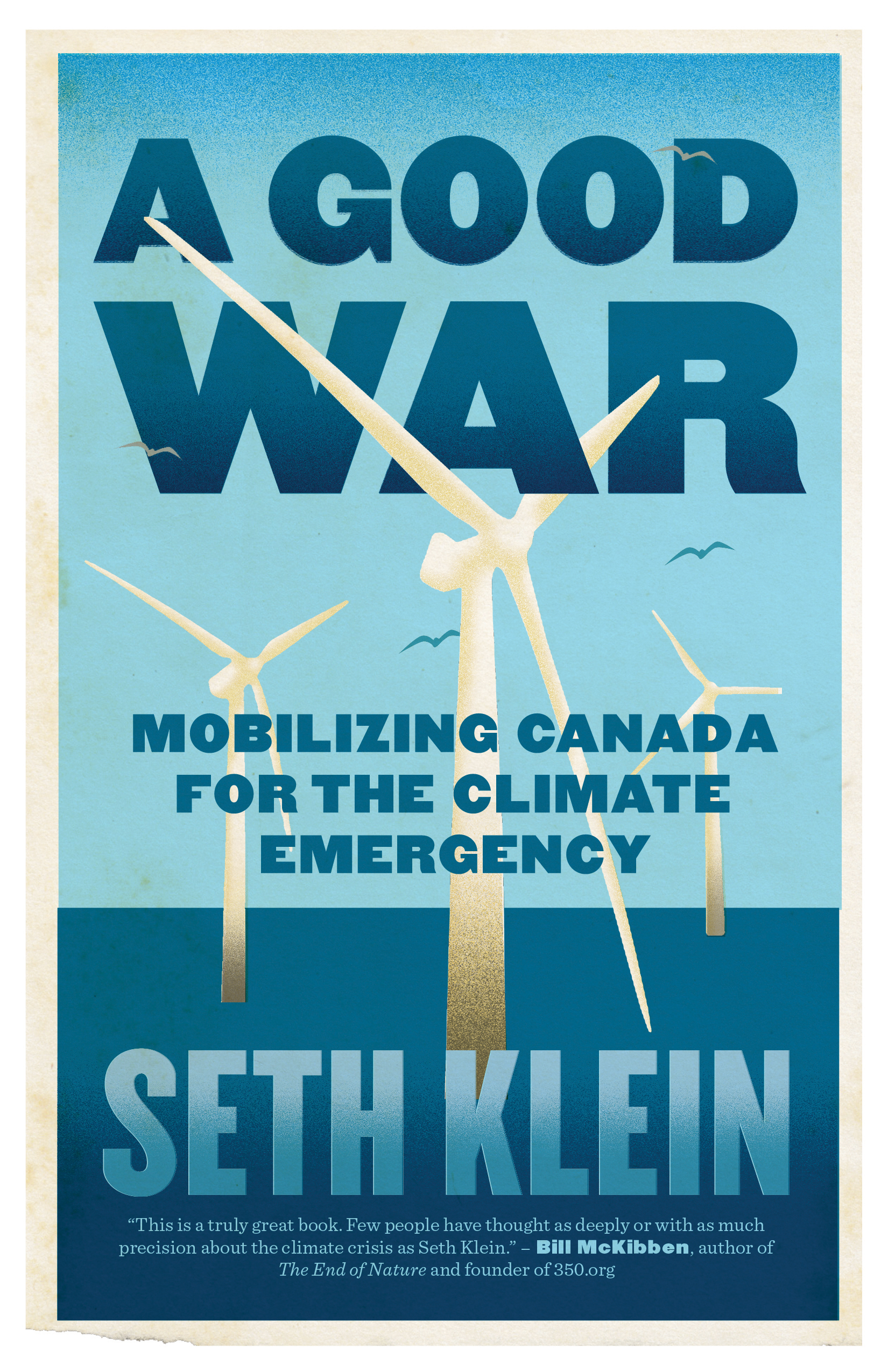
A Good War : Mobilizing Canada for the Climate Emergency
-- New York Times -- Canada needs to reduce its greenhouse gas emissions by 50% to prevent a catastrophic 1.5 degree increase in the earth's average temperature ' assumed by many scientists to be a critical 'danger line' for the planet and human life as we know it. -- Top policy analyst and author Seth Klein reveals we can do it now because we've done it before. During the Second World War, Canadian citizens and government remade the economy by retooling factories, transforming their workforce, and making the war effort a common cause for -- A Good War COVID-19 has brought a previously unthinkable pace of change to the world'one which demonstrates our ability to adapt rapidly when we're at risk. Many recent changes are what Klein proposes in these very pages. The world can, actually, turn on a dime if necessary. This is the blueprint for how to do it.
Browse Related Items
| Genre |
| Electronic books. |
- ISBN: 9781773055916
- Physical Description 1 online resource 464 pages
- Publisher [Place of publication not identified] : ECW Press, 2020.
Content descriptions
| General Note: | Electronic book. GMD: electronic resource. |
| Reproduction Note: | Electronic reproduction. [S.l.] ECW Press 2020 Available via World Wide Web. |
| System Details Note: | Format: Adobe EPUB Requires: cloudLibrary (file size: 6.5 MB) |
Additional Information



